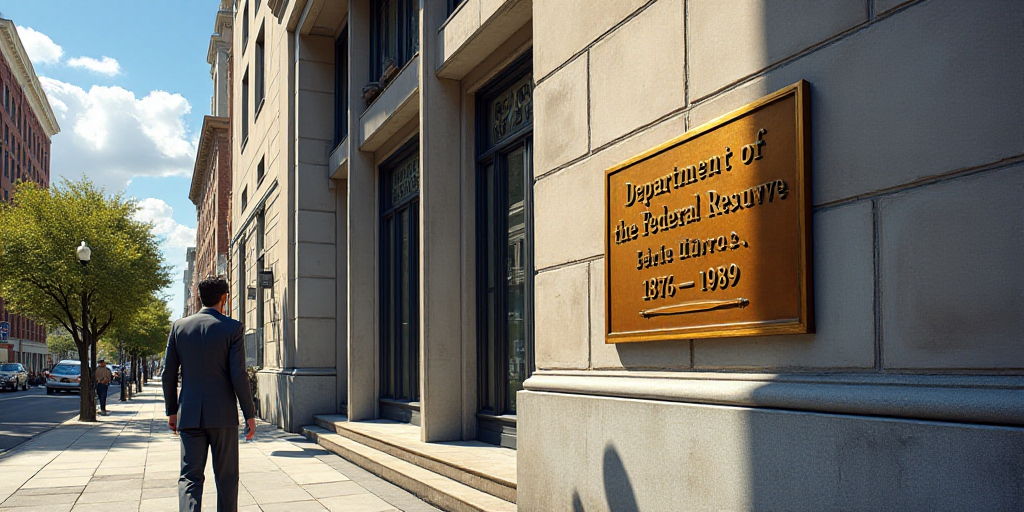Background on the Mexican Financial Institutions Involved
The United States Department of the Treasury, through its Financial Crimes Enforcement Network (FinCEN), issued orders on Wednesday that identify three Mexican financial institutions—CIBanco, Intercam Banco, and Vector Casa de Bolsa—as a primary concern in money laundering related to the illicit trafficking of opoid drugs, specifically fentanyl.
FinCEN’s Authority and Recent Legislation
These orders represent FinCEN’s first actions under the Fentanyl Sanctions Act and the Fend off Fentanyl Act, granting the Treasury additional authority to combat money laundering associated with fentanyl and other synthetic opoids trafficked by criminal organizations, including Mexican cartels.
Allegations Against the Mexican Financial Institutions
According to a statement, CIBanco and Intercam Banco, commercial banks with total assets of over $7 billion and $4 billion respectively, along with Vector, a brokerage firm managing nearly $11 billion in assets, have collectively played a significant and long-standing role in laundering millions of dollars on behalf of Mexican cartels and facilitating payments for the acquisition of chemical precursors needed to produce fentanyl.
Secretary Bessen’s Statement
Treasury Secretary Scott Bessen emphasized, “Financial enablers like CIBanco, Intercam, and Vector are key components in the fentanyl supply chain by transferring money on behalf of cartels, contributing to the poisoning of countless Americans.” He further added, “Through the initial use of this powerful authority, today’s actions reinforce the Treasury’s commitment to employing all available tools to counter the threat posed by criminal and terrorist organizations trafficking fentanyl and other narcotics.”
US-Mexico Intergovernmental Relations
The Treasury highlighted that these measures were taken within the broader context of the strong intergovernmental relationship between the United States and Mexico, characterized by close collaboration and timely information exchange.
“Both the United States and Mexico are dedicated to robust financial systems with strong anti-money laundering and countering the financing of terrorism (AML/CFT) controls that effectively protect their citizens from transnational threats posed by illicit finances of cartels dealing in fentanyl and other drugs,” the Treasury explained.
Key Questions and Answers
- Who issued the orders? The United States Department of the Treasury, through FinCEN.
- Which Mexican financial institutions are under scrutiny? CIBanco, Intercam Banco, and Vector Casa de Bolsa.
- What legislation enabled these actions? The Fentanyl Sanctions Act and the Fend off Fentanyl Act.
- What are the allegations against these institutions? Money laundering and facilitating payments for chemical precursors used to produce fentanyl on behalf of Mexican cartels.
- What is the significance of these actions? These measures demonstrate the Treasury’s commitment to countering criminal organizations trafficking fentanyl and other narcotics using all available tools.
- How do the US and Mexico collaborate in this context? Both nations work closely together, sharing information and maintaining strong AML/CFT controls to protect their citizens from illicit finances linked to cartels.






